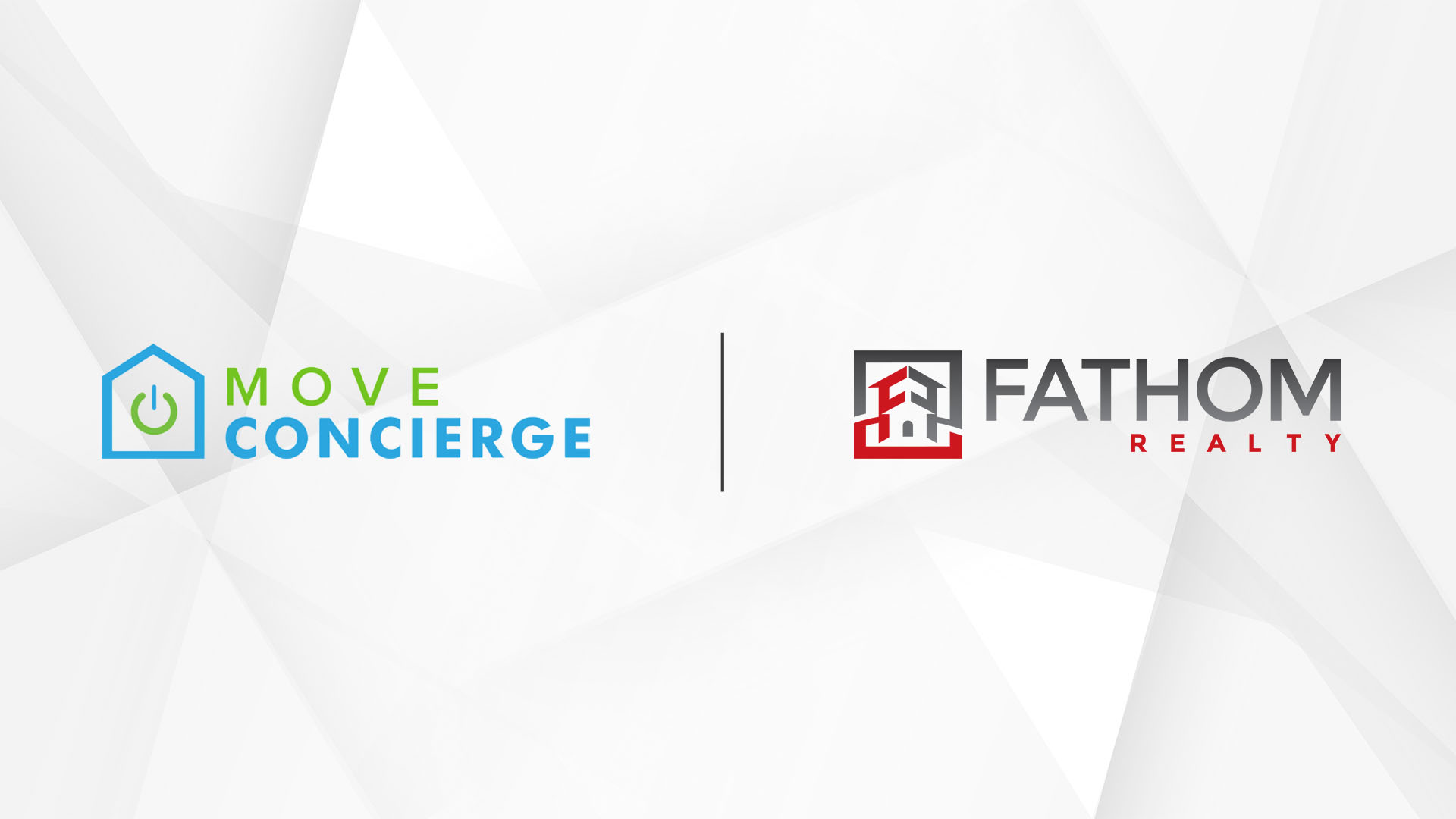
When guiding home buyers through the mortgage process, understanding the differences between Qualified Mortgages (QM) and non-Qualified Mortgages (non-QM) is crucial. Here’s a straightforward breakdown to help you advise your clients.
Qualified Mortgages (QM)
Qualified Mortgages (QM) are loans that meet specific guidelines set by the Consumer Financial Protection Bureau (CFPB). These guidelines are designed to ensure that borrowers have the ability to repay their loans and include strict qualification standards such as:
– Income Verification: Borrowers must provide proof of sufficient income to make monthly mortgage payments.
– Credit History: Borrowers must have a good credit history, with no delinquencies on any credit obligations or foreclosures within the last three years.
– Debt-to-Income Ratio: There are limits on how much debt a borrower can have relative to their income.
– Loan Features: Certain risky loan features, such as interest-only or balloon payments, are prohibited.
Common types of QM loans include FHA, VA, and USDA loans and conventional loans that adhere to CFPB guidelines. These loans offer more insurance protection based on the borrower’s ability to repay rather than just their credit score.
Non-Qualified Mortgages (non-QM)
On the other hand, non-QM loans do not follow the strict guidelines of QM loans. They offer more flexibility in terms of qualification standards, making them an option for borrowers who might not meet the criteria for QM loans. Key characteristics of non-QM loans include:
– Less Stringent Requirements: Non-QM loans often have more lenient requirements for down payments, debt-to-income ratios, and income verification.
– Self-Employed Borrowers: Non-QM loans are a popular choice for self-employed individuals who might have difficulty verifying their income through traditional means.
Higher Risk: These loans typically have higher interest rates and shorter repayment periods due to the increased risk for lenders.
Advising Your Clients
When advising your clients, consider their specific financial situation and needs:
– QM Loans: Recommend QM loans to clients with steady income, good credit history, and the ability to meet strict qualification standards. These loans offer better protection and typically lower interest rates.
– Non-QM Loans: Suggest non-QM loans for self-employed clients with a lower credit score or a higher debt-to-income ratio. These clients may benefit from the flexibility of non-QM loans despite the potentially higher costs.
Understanding the differences between QM and non-QM loans will help you guide your clients to the best mortgage option for their situation, ensuring they can secure the home they desire while managing their financial obligations effectively. Contact an Encompass Lending Group loan officer for expert support in financing solutions for your home buyers.
Elevate your skills with our comprehensive training programs to help you excel in every aspect of your real estate career. At Fathom Realty, we invest in your development, offering ongoing education and support to ensure you reach your full potential.
More in Business Building
Could Federal Land Sales Help Solve the Housing Shortage?
Latest on the Blog

Welcoming Three Outstanding New Leaders to Fathom Realty!





